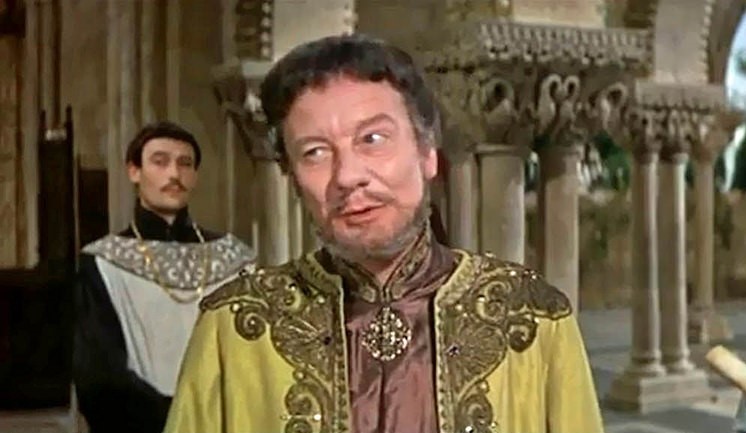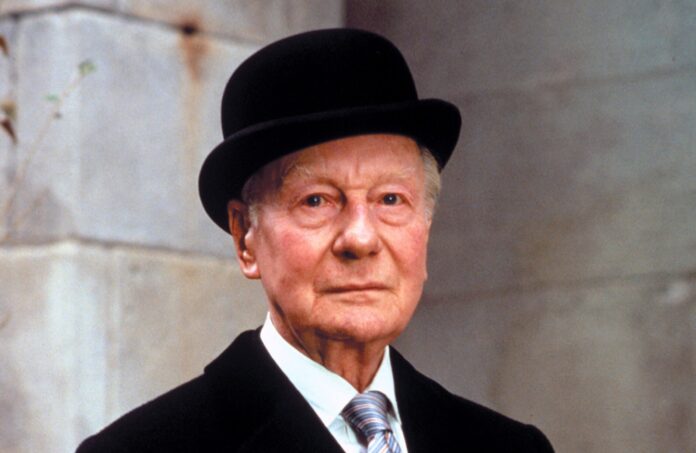
Legendary Shakespearean actor John Gielgud
When Peter Ustinov visited Vilnius in 1985 while filming his documentary “My Russia”, it is said that he chided Lithuanians for knowing nothing about the legendary British actor-director John Gielgud, who proudly traced his ancestry to Lithuania.
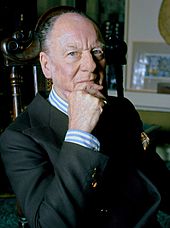
Wikipedia tells us that on his father’s side, Gielgud was of Lithuanian and Polish descent. The surname derives from Gelgaudiškis, a village in Lithuania. The Counts Gielgud had owned the Gelgaudiškis Castle on the Nemunas river, but their estates were confiscated after they took part in a failed uprising against Russian rule in 1830–31. Jan Gielgud took refuge in England with his family; one of his grandchildren was Frank Gielgud, whose maternal grandmother was a famous Polish actress, Aniela Aszpergerowa.
The author of a recent series on famous Lithuanian actors on bernardinai.lt, Andrius Dambrauskas, has also researched Gielgud’s roots extensively. Although he was not known in Lithuania during the first Lithuanian independence period, his ancestor Antanas Gelgaudas (1792–1831) was a general and one of the leaders of the insurrection of 1831. He was born in Panemunė castle, then owned by John Gielgud’s great-grandfather, Jonas, who also took part in the rebellion, after which he emigrated to England, and the castle was confiscated.
Born in England, John Gielgud (1904–2000) began his career in 1921, with a small role in Shakespeare’s Henry V. He later became known as one of the greatest Shakespearean actors of all time, and dominated the English stage for many decades together with Laurence Olivier and Ralph Richardson. He starred in over 80 films as well, earning an Oscar, Emmy, Tony, Grammy and other awards, as well as bing knighted in 1953 for his contribution to theatre.
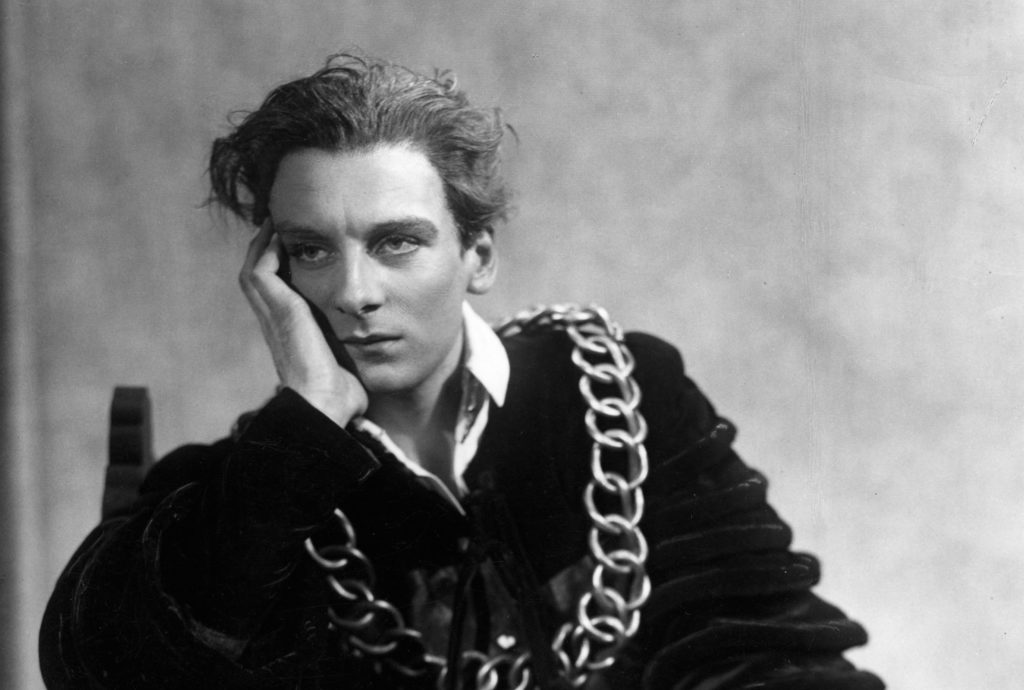
Historians such as Alfredas Bumblauskas and other authors later wrote about Gielgud and his connections with Lithuania, and the actor’s name has just recently become well known in Lithuania, although none of his biographies have been written in or translated into Lithuanian.
John Gielgud’s debut in film occurred in 1924, yet he never found the medium very attractive. He wrote that he hated the long sporadic days of filming, starting with getting up early, being tortured in the makeup artist’s chair. He disliked the food on-site, the heat of the lights, the repeated takes and the required attention to tiny details, and having to portray deep emotions to the inanimate camera and not the co-actor who had not arrived on scene.
John Gielgud’s older brother, British author Lewis Gielgud (1894-1953) came to Lithuania in 1938 in connection with his work as assistant to the general secretary of the Red Cross, and his visits to Kaunas, Klaipėda and the Panemunė Castle were widely reported in the Lithuanian press.
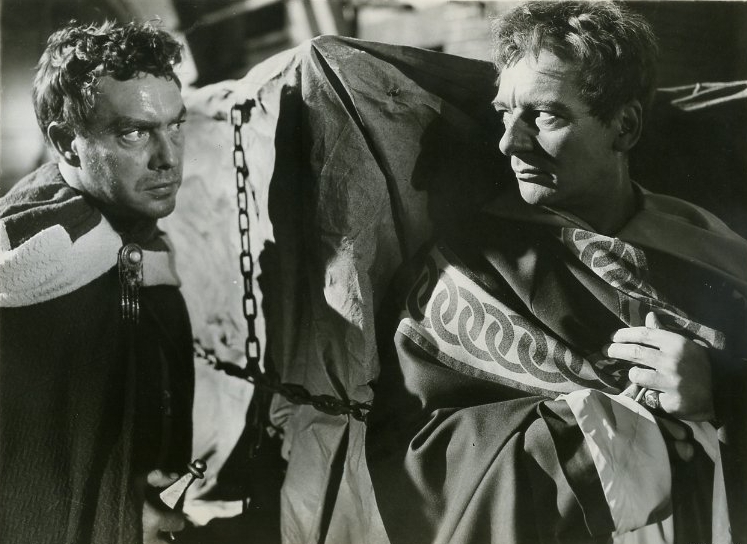
Both John Gielgud and his brother Val Gielgudas (1900–1981), radio drama pioneer of England, appointed head of production at the BBC in 1929, were proud of their Lithuanian roots. John never gave up his Lithuanian surname, although his mother came from the famous Terry acting family and that name would have served him well in his career. He did attribute part of his acting talent to his paternal great-grandmother Aniela Aszpergerowa (1815–1902) who acted in Shakespearian plays in the 1800’s in the territory of the Grand Duchy of Lithuania.
Adapted from Bernardinai.lt
